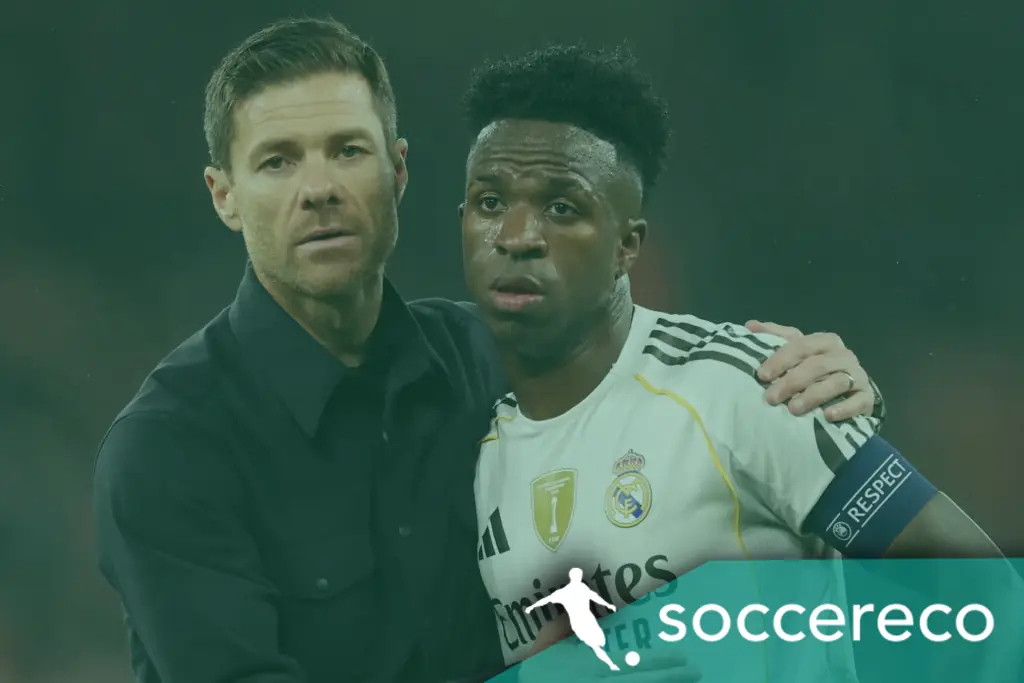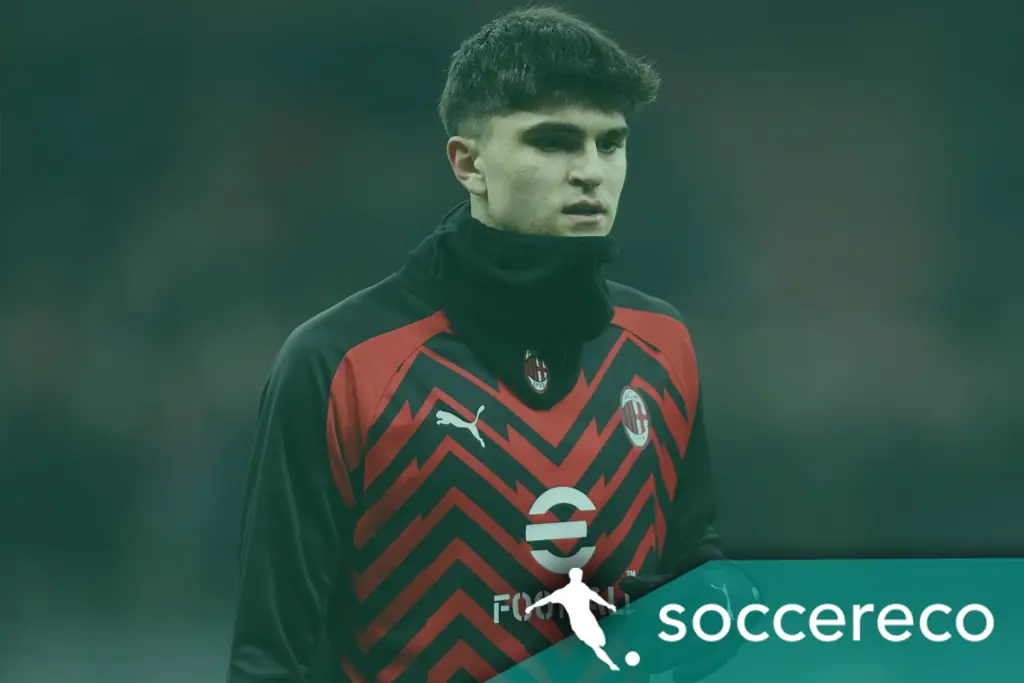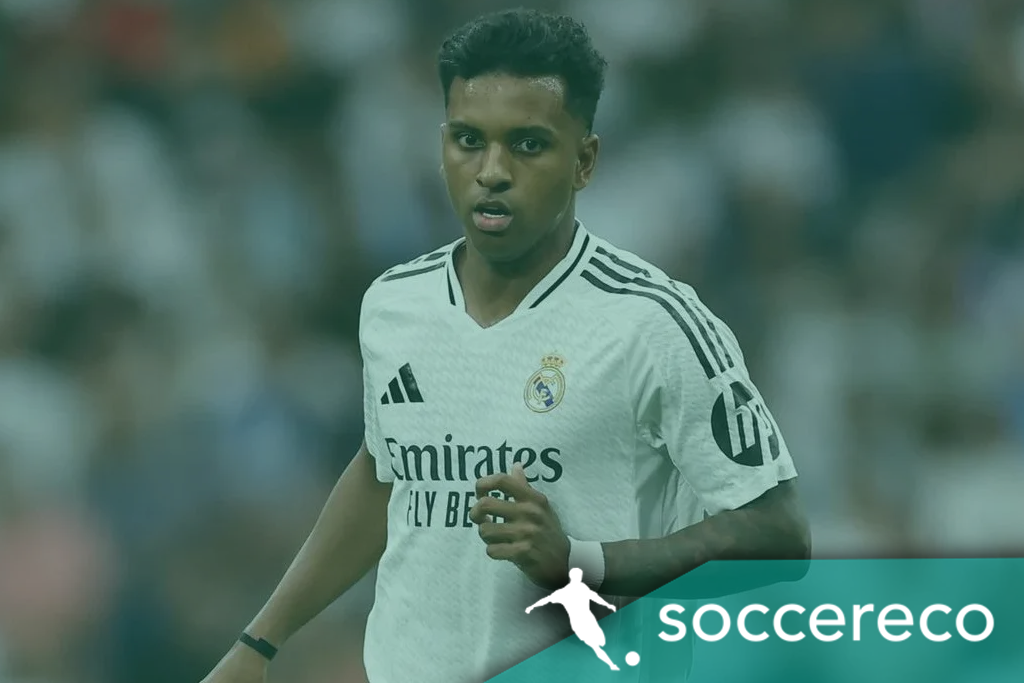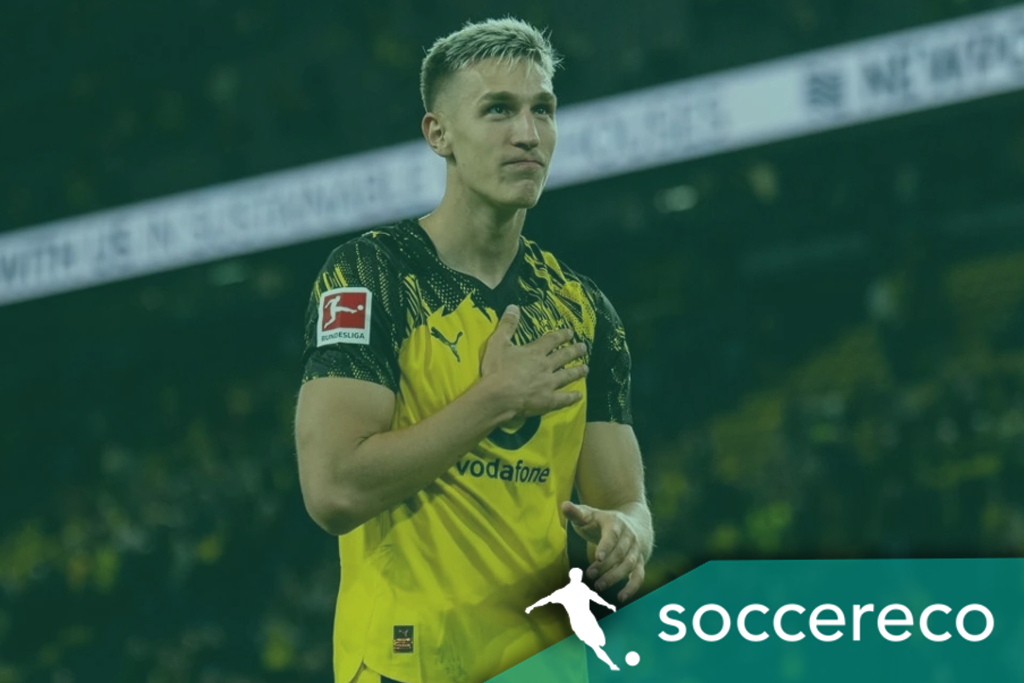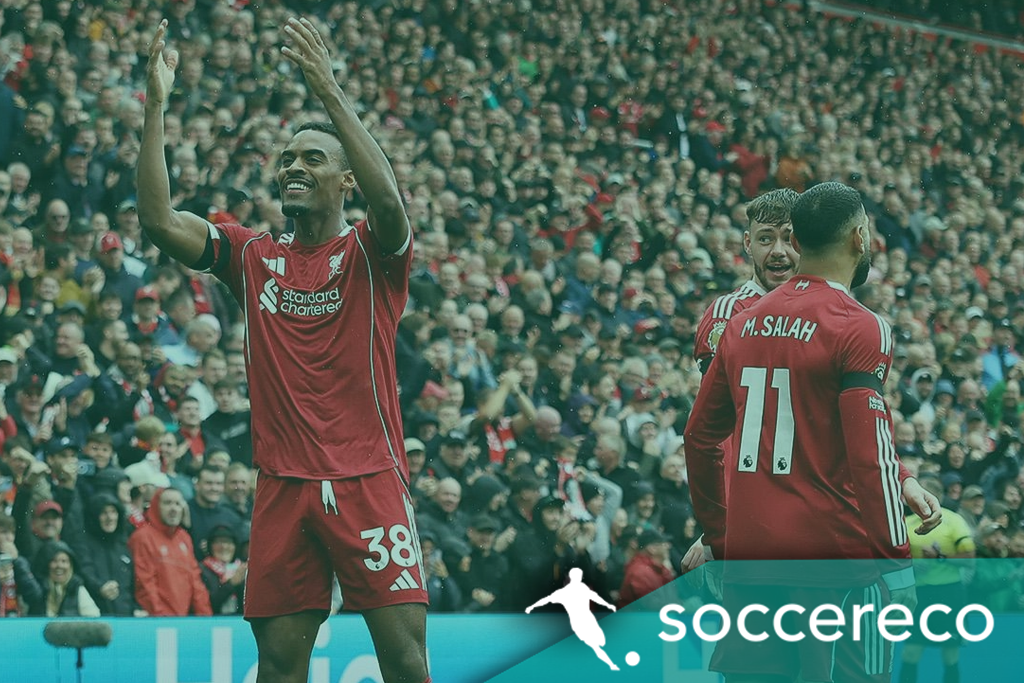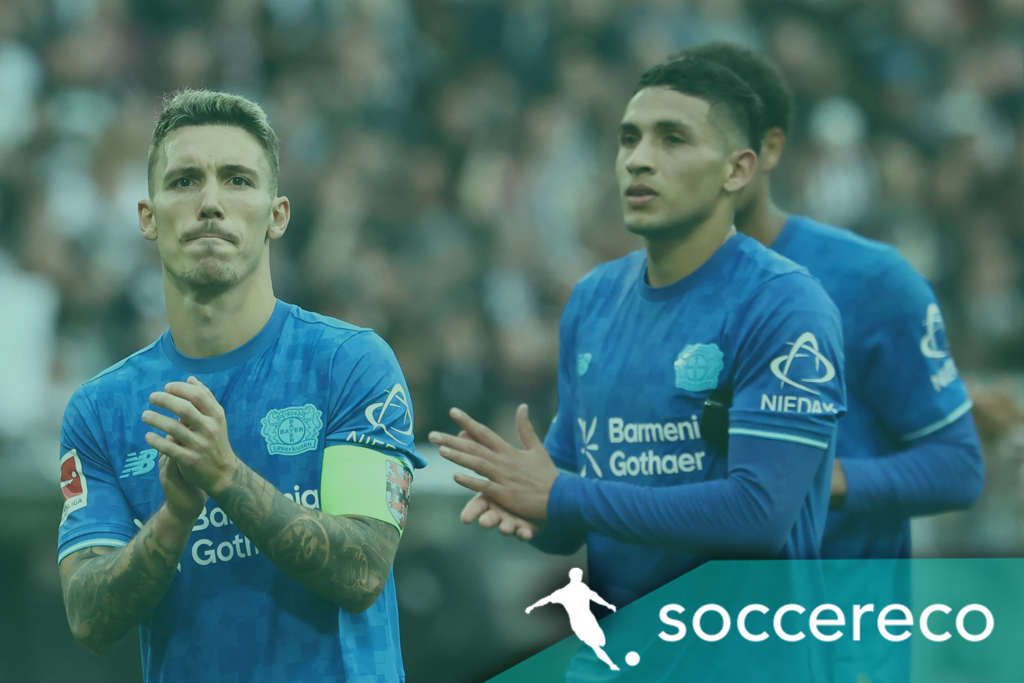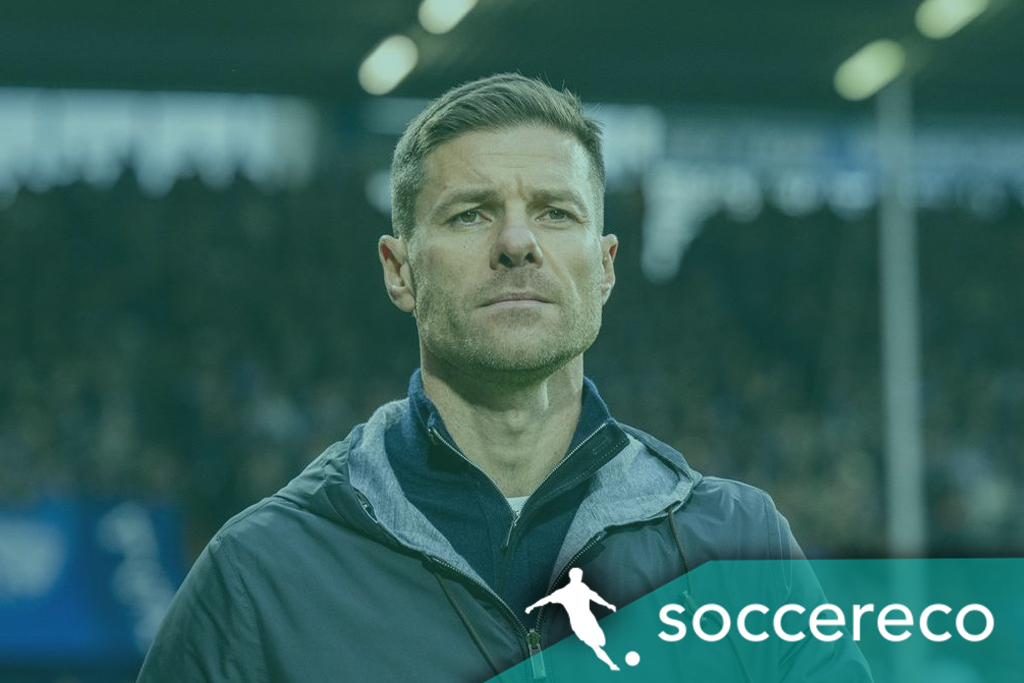Paris Saint-Germain once again failed to win in the Champions League on Wednesday night, and once again it was due to the same problem. The Parisians struggle to score, and Luis Enrique and Warren Zaïre-Emery are all too aware of it.
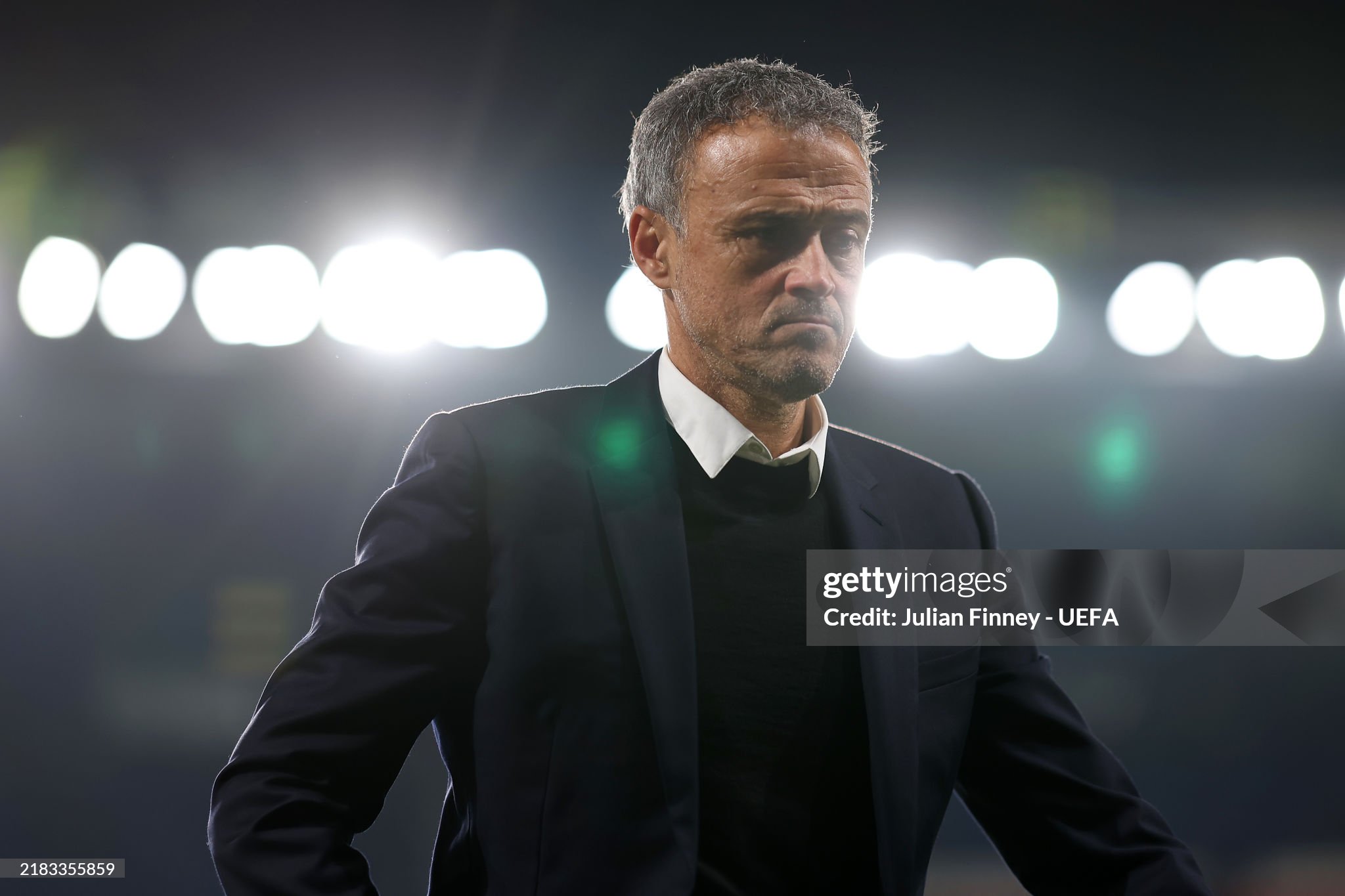
With only four points from their first four matches, PSG’s Champions League campaign is unfolding in a manner far from what fans and pundits had expected.
Sitting in an uncomfortable 25th place in the rankings, the team is battling an unexpected issue that has consistently hindered their performances in recent weeks: an inability to convert chances into goals. The latest setback came on Wednesday night in a match against Atlético Madrid, where PSG’s efforts and opportunities failed to translate into a victory. Despite creating numerous chances, they succumbed to a narrow defeat, unable to capitalize when it mattered most. The encounter highlighted PSG's ongoing struggles in front of goal, an issue that has haunted them since the match against PSV three weeks prior, where similar inefficiencies came to light.
The frustration with PSG’s recent performance is not simply based on the scoreboard; it’s evident in advanced metrics as well. Expected Goals (xG), a statistical measure that evaluates the quality of scoring chances based on factors like shot distance and angle, shows that PSG is severely underperforming relative to the chances they create. According to these metrics, PSG has scored 1.34 goals fewer than expected, a discrepancy that underscores the team's struggles with efficiency. In contrast, Barcelona’s scoring record suggests they have outperformed their xG by a significant margin of 2.20 goals, demonstrating a clinical edge in front of goal that PSG currently lacks. These metrics not only reflect PSG’s poor finishing but also hint at deeper tactical or psychological challenges within the squad.
Among those openly grappling with the situation is Warren Zaïre-Emery, a promising 18-year-old midfielder who has recently emerged as a standout performer. Zaïre-Emery scored PSG’s lone goal in the match against Atlético, yet his efforts were ultimately in vain. Speaking to RMC Sport after the game, Zaïre-Emery conveyed a sense of frustration mixed with determination. “We feel a mix of positivity and negativity,” he admitted, capturing the team’s conflicted emotions. “We need to learn from this, but that’s not something you can learn in school,” he joked, referencing the unique challenges of adapting to the Champions League’s high-stakes environment. However, the young midfielder was quick to get to the heart of the issue, adding, “We just need to be more efficient in front of the goal.” His comment, while simple, reflects a fundamental problem that PSG must solve if they are to improve their standings in the competition.
PSG’s head coach, Luis Enrique, has also faced scrutiny regarding the team’s lack of finishing power. At the post-match press conference, he was questioned directly about the issue. A journalist boldly asked who, exactly, was supposed to be scoring the goals for PSG, highlighting the gap between PSG’s attacking talent on paper and its actual output. Enrique responded with a touch of humor, saying, “Bring that striker to me if you have him, where is this striker then?” His lighthearted comment, though, soon gave way to a more serious analysis. “Football doesn’t reward chances, it rewards goals,” he explained, acknowledging the harsh reality of the game. Enrique’s words underscore a deeper issue that PSG must confront: the importance of converting possession and chances into goals, particularly in a competition as unforgiving as the Champions League.
For PSG, this problem is not just about missing shots; it’s emblematic of a team that has yet to find its rhythm under Enrique’s guidance. Known for his tactical acumen, Enrique’s style emphasizes quick ball movement, pressing, and high-intensity play. However, implementing these strategies effectively requires players who are both disciplined and clinical, especially in the final third. PSG has shown glimpses of this style but lacks consistency. The team’s issues are further compounded by injuries to key players, disruptions that have affected lineup stability and may be contributing to their disjointed performances in front of goal.
This season’s Champions League campaign was meant to signal a new era for PSG, particularly after the departure of superstars like Lionel Messi and Neymar. The club has sought to rebuild around a more balanced squad, with an emphasis on collective effort over individual stardom. Yet, in crucial moments, PSG seems to miss the magic that star players like Messi and Neymar could bring. The current roster, while talented, lacks a proven goal scorer who can deliver under pressure. Although players like Kylian Mbappé remain world-class, the team’s overall structure and chemistry are still evolving under Enrique’s leadership.
The pressure is mounting as PSG approaches the latter stages of the group phase. The margin for error is diminishing, and each game carries increasing significance. If PSG is to progress and compete among Europe’s elite, they will need to address their scoring problems head-on. Enrique and his staff will likely focus on improving composure in front of goal, refining tactics, and fostering a mentality that combines patience with intensity. Fans, meanwhile, are left hoping that these adjustments will be enough to see PSG fulfill its potential and advance past the group stage.
The path forward for PSG is challenging but not impossible. With games against formidable opponents still ahead, they must find a way to bring out the best in their talented squad. For Luis Enrique, the challenge is to transform PSG from a team that merely creates chances to one that consistently finishes them. Only then can PSG hope to change the narrative of their Champions League season and re-establish themselves as a force on the European stage.
Updated: 11:28, 7 Nov 2024
